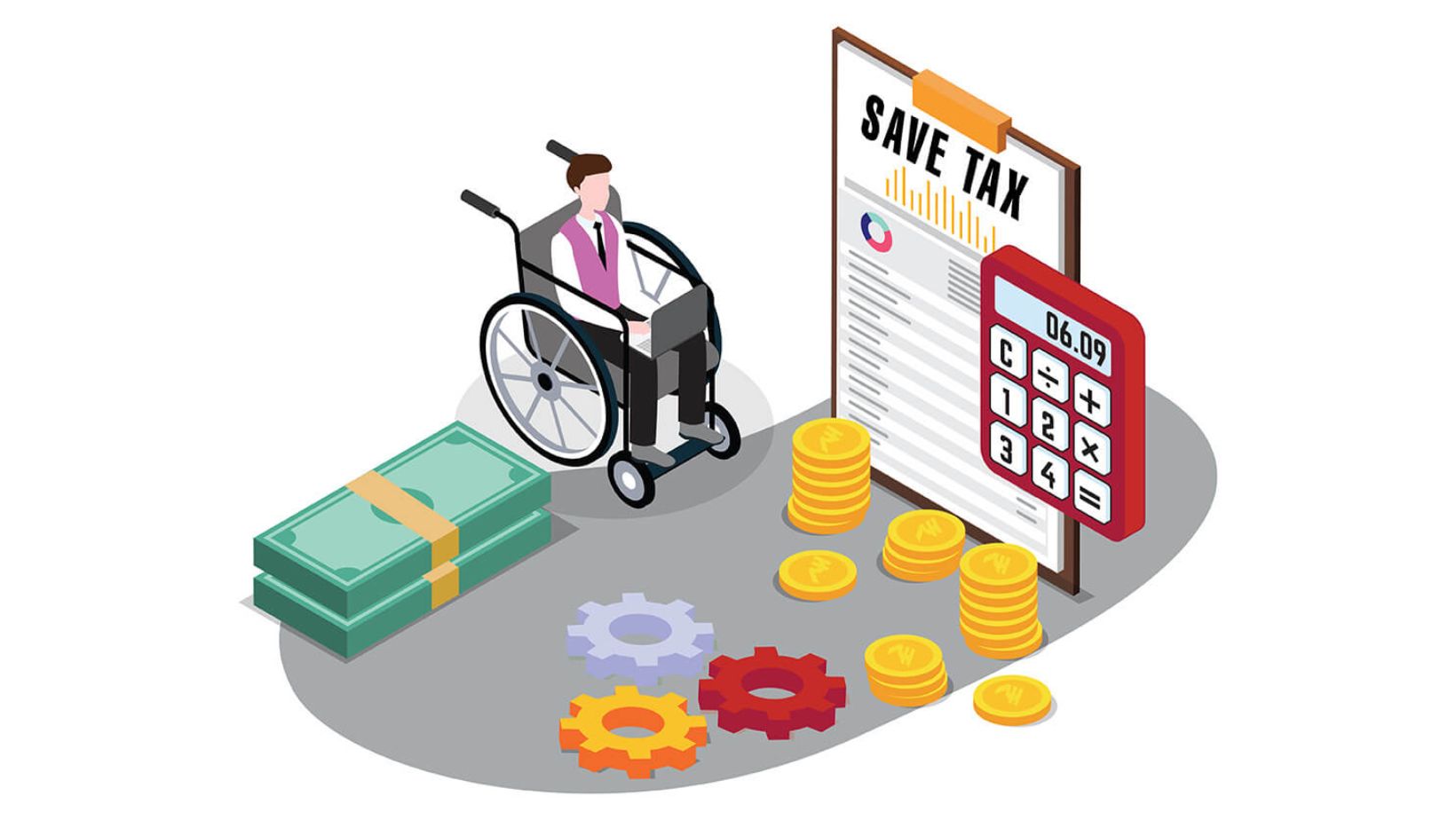Health insurance stands as a fundamental pillar safeguarding your financial security in the face of unexpected medical emergencies. Beyond being a shield for your well-being, it also brings significant financial benefits through tax advantages, allowing individuals to reduce their taxable income while ensuring extensive healthcare coverage. Within this article, we will delve into strategies for optimizing the Health Insurance Tax Benefit provided by Section 80D.
Understanding Section 80D
Section 80D of the Income Tax Act, 1961, provides tax deductions to individuals and Hindu Undivided Families (HUFs) for premiums paid towards health insurance policies. These deductions apply to policies covering the taxpayer, their family, and parents. Both salaried individuals and self-employed professionals can avail of this benefit, ensuring its accessibility to a wide range of taxpayers.
Now, let’s delve into how you can maximize this tax benefit:
- Select the Right Health Insurance PolicyTo make the most of Section 80D, start by choosing a health insurance policy that suits your needs and the size of your family. Consider factors like coverage, network hospitals, and add-ons to ensure comprehensive protection. Remember that premiums paid for health insurance plans are eligible for deductions.
Read more.. 8 Best-Selling Pooper Scoopers for Dogs: Making Cleanup Easy and Tidy in 2023
- Policy for Your Family and ParentsSection 80D offers separate deductions for premiums paid for your family and parents. Maximize the benefit by opting for policies that cover both. For instance, you can avail of deductions for premiums paid for your family and claim additional deductions for premiums paid for your parents, whether they are dependent or not.
- Know the Deduction LimitsUnder Section 80D, the maximum deduction allowed for premiums paid for self, family, and children is Rs. 25,000. Additionally, if you pay premiums for your parents, you can claim an extra deduction of up to Rs. 25,000. If your parents are senior citizens (aged 60 or above), the maximum deduction limit increases to Rs. 50,000.
- Opt for Preventive Health Check-upsNumerous health insurance plans include provisions for annual health check-ups. Make sure to fully leverage this valuable feature. These preventive health check-ups not only help you stay ahead of potential health issues but also qualify for additional deductions under Section 80D. You can claim a deduction of up to Rs. 5,000 for expenses incurred on preventive health check-ups for your family, including yourself, spouse, children, and parents.
- Stay Informed about Changes in Tax LawsTax laws and regulations change from year to year. To ensure you are maximizing your tax benefits under Section 80D, stay informed about any revisions to the law. The government may alter deduction limits or introduce new provisions that could affect your tax planning.
- Keep Records and File CorrectlyIt’s essential to maintain records of all health insurance premiums paid and expenses related to health check-ups. Ensure accurate documentation and file your tax returns correctly to claim the deductions smoothly.
Read more.. Top 10 Animal Health Tips Every Pet Owner Should Know
Conclusion
Health insurance is not only a prudent financial decision but also a tax-savvy one. Section 80D offers a golden opportunity to protect your health and save on taxes simultaneously. By selecting the right health insurance policy, covering your family and parents, and staying informed about deduction limits and changes in tax laws, you can make the most of the Health Insurance Tax Benefit under Section 80D. So, invest wisely in your health and your financial future, knowing that you are reaping the benefits on both fronts.
Read more.. Navigating the Maze: Unveiling the 5 Worst Health Insurance Companies in India




